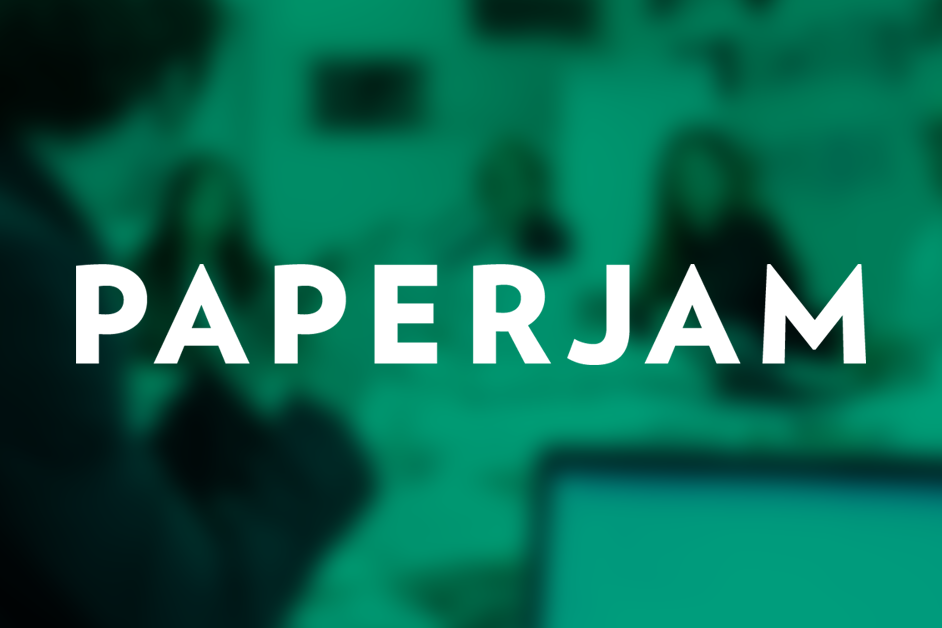As the Bofferding Brewery goes head-to-head with MouselDiekirch in 2006, how loyal a beer drinker will you prove to be?
On 7 March 2006, the Bofferding National Brewery held its annual press conference. Georges Lentz Jr., Administrateur-Délégué, claimed Boffering"s place as leader on the local market and pronounced his confidence in the future of the Luxembourg brewing industry "in spite of movements in the market".
Lentz announced "very satisfying" annual results for 2005. Sales turnover showed an increase of more than 6.0% rising by 10,600,000 euros, and the EBITDA (Earnings Before Interest, Taxes, Depreciation, and Amortization) of 4,728,000 euros represents a leap of 9.3%. Sales increased to 4,115 hl (2.7%) compared to 2004.
Marco Eischen, Head of Communications for MouselDiekirch, says their brewery is also very pleased with their results. "This last year we consolidated our position as leader on the Luxembourg market thanks to our portfolio of Luxembourg and international brands. Our market share rose to 44%."
Two trends that were highlighted in Bofferding"s presentation were the globalisation of the beer industry as the "Big Five" groups buy up local brands and push into emerging markets, and declining beer consumption across Western Europe. Eischen also refers to poor Western European markets, which have been in stagnation, and "even recession'. He says this is one reason why the brewery is so happy to show an increase in production volume of 5%.
Bofferding remains fiercely independent while MouselDiekirch, its closest rival in Luxembourg, was bought up in 2001 by Inbev, one of the global giants with a penchant for buying up local brands. At present, it has absorbed more than 200 local brands and holds the number one or number two position in over 20 key markets. It is the world's biggest brewery by volume with close to 14% of the world's beer market.
An effect of globalisation on beer markets is that consumer trends become heavily influenced by major players who have the marketing budgets to give presence to their products and cannibalise market share that once belonged to regional products. InBev makes strong claims to uphold the traditions of the local brands it purchases, but it cannot be denied that the big groups look for maximum penetration into markets and often succeed by introducing new trends and products.
One of the sweeping global beer trends of recent years has been the rise in sales of light beer as consumer habits change. So far, Bofferding has shown no interest in producing a light beer, preferring to stay "faithful to our recipe." On 23 February the Brasserie de Luxembourg (MD) launched a new beer on the Luxembourg market, "Diekirch Surf" with only 3.3% alcohol. Eischen says the beer cannot be called "light" because it contains no fewer calories than a normal 5% alcohol beer, but it allows people to taste the "flavour of Diekirch beer responsibly". Nevertheless, it represents a marketing push into trendier markets.
Lentz said that the Bofferding brewery is only interested in producing high quality beer and not other products. "We are a niche company, he continued. We are the regional leaders and we function very well like that." Clearly optimistic that its winning formula will continue to win over beer drinkers and retain fans of the brand, Boffering invested 13,000,000 euros into a new cooling system and opened a new "hall de soutirage" (extraction facility). "It was a good year, he said. The new facility represents a large investment for a small com-pany, but it was a good decision if only for the simple reason that it allows us to continue into the future."
However, in June 2005 ILRes reported that "Diekirch" beer was the preferred beer of Luxembourgers for the very first time. Original Diekirch, like Bofferding Pils, is a traditional Luxembourg product. But Eischen says this result encourages them to continue in the sales and communication strategy that they began a few years ago. "The innovation of brands and products is the key to success. It is necessary to listen to what consumers want. A brand which has invested little in innovation has little chance to evolve in a positive way." In 2004, they launched the first "Long Neck" bottle on the Luxembourg market, and they introduced the "PerfectDraft" system of home draught beer. With these initiatives they hope to reinforce their public image and to position themselves as a young and dynamic brand. Their goal is to become known as a national and not a northern brand, and with InBev behind them, who can stop them'
